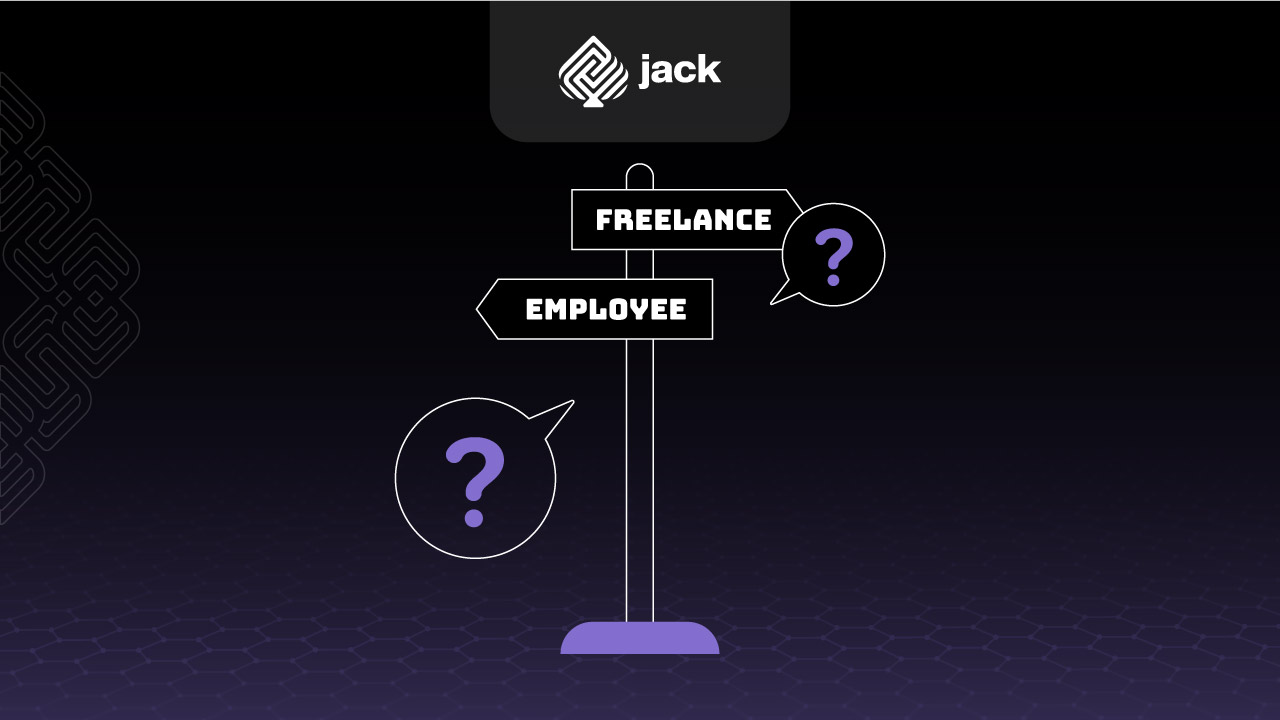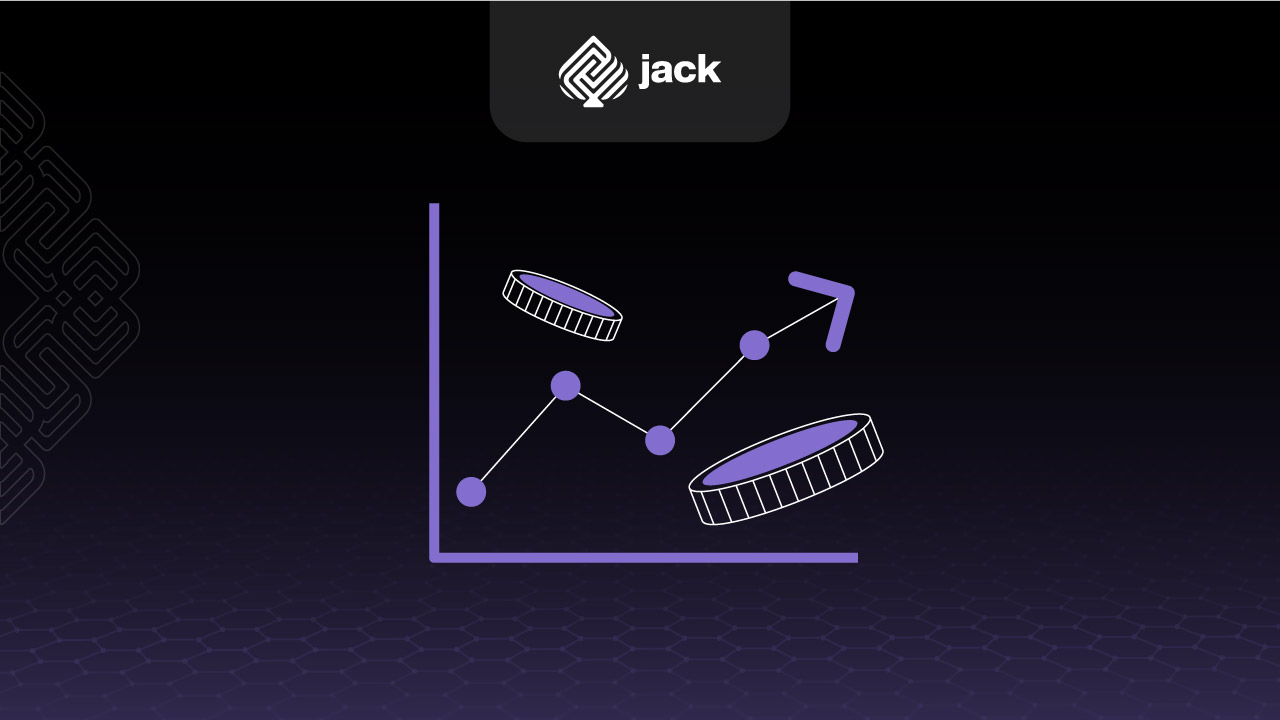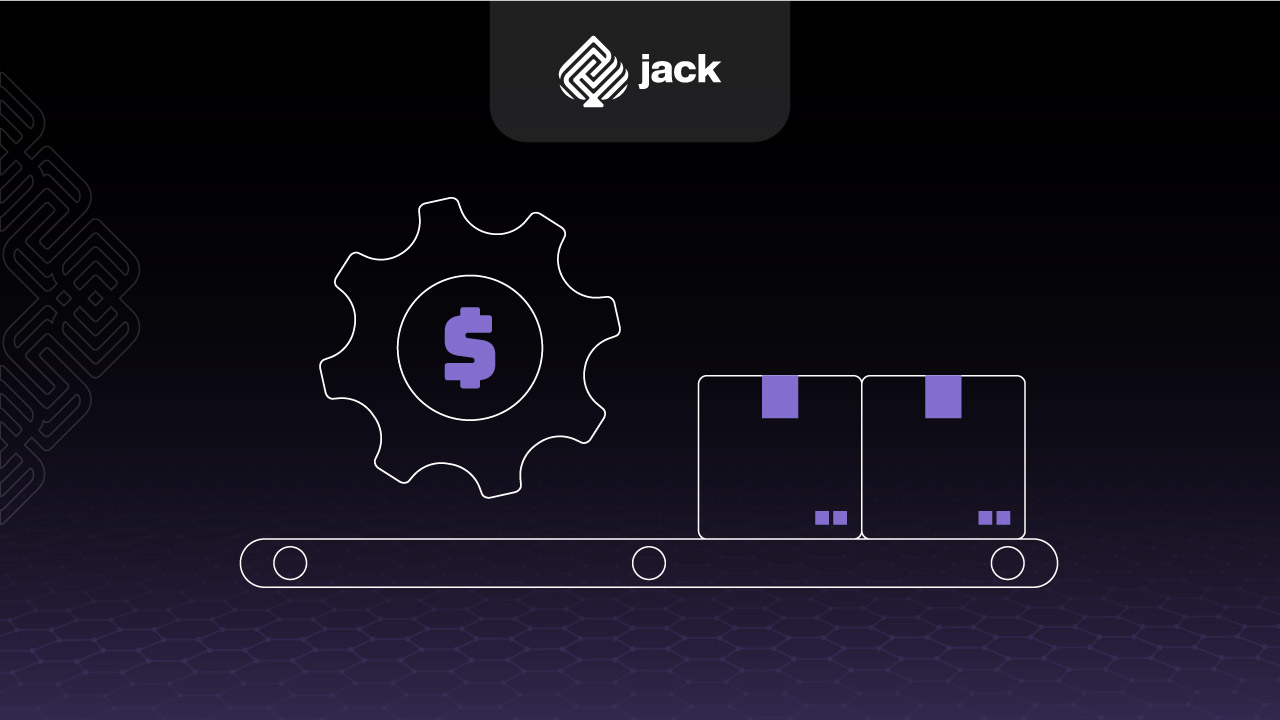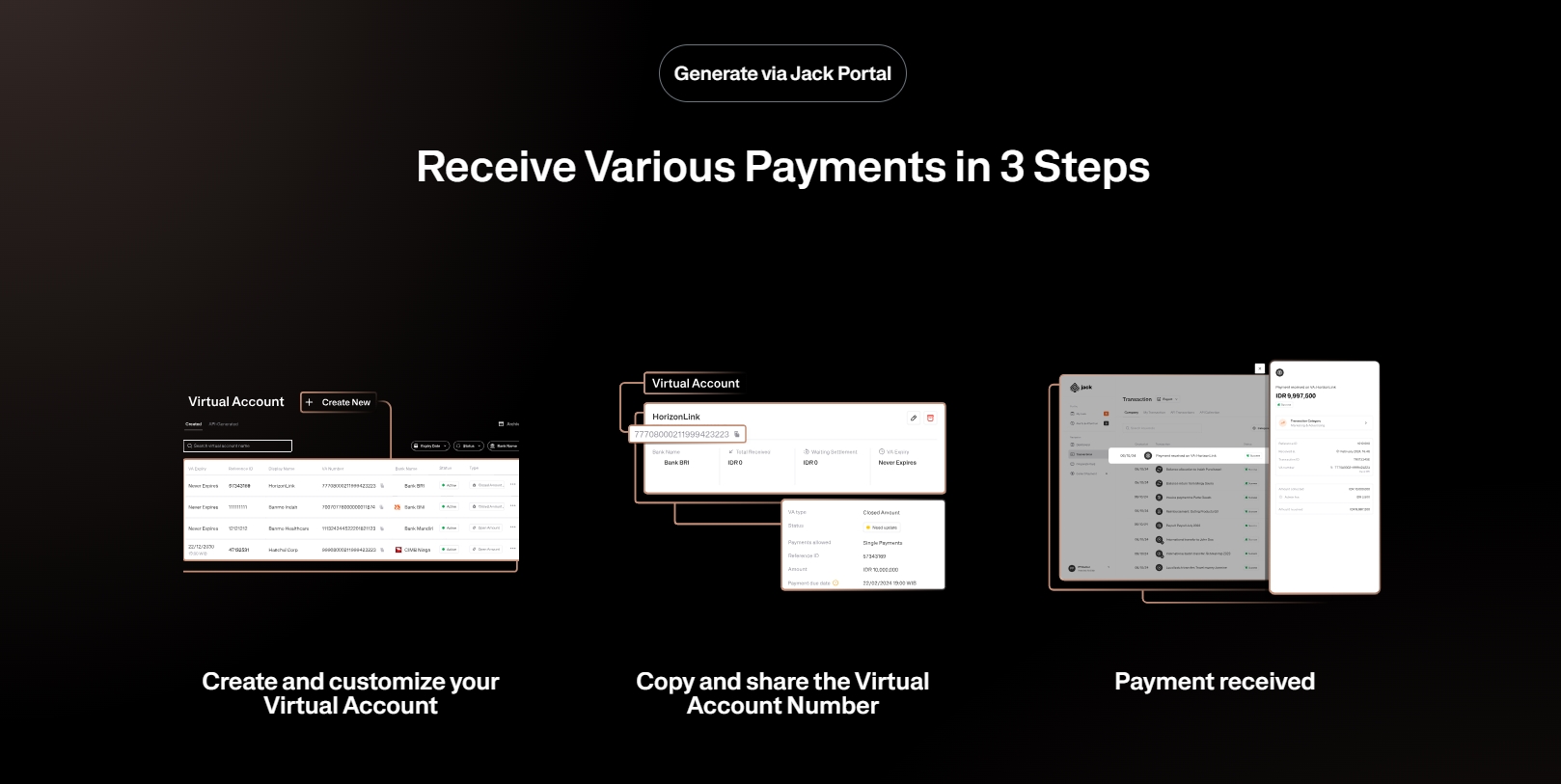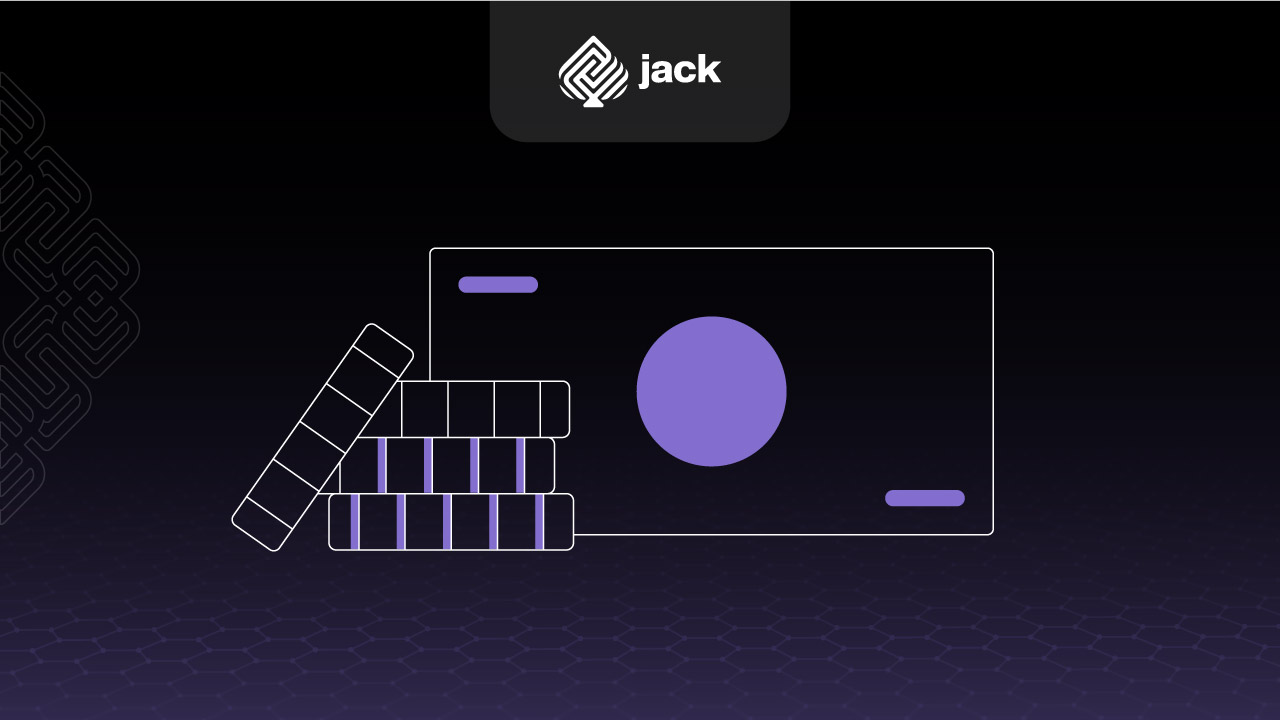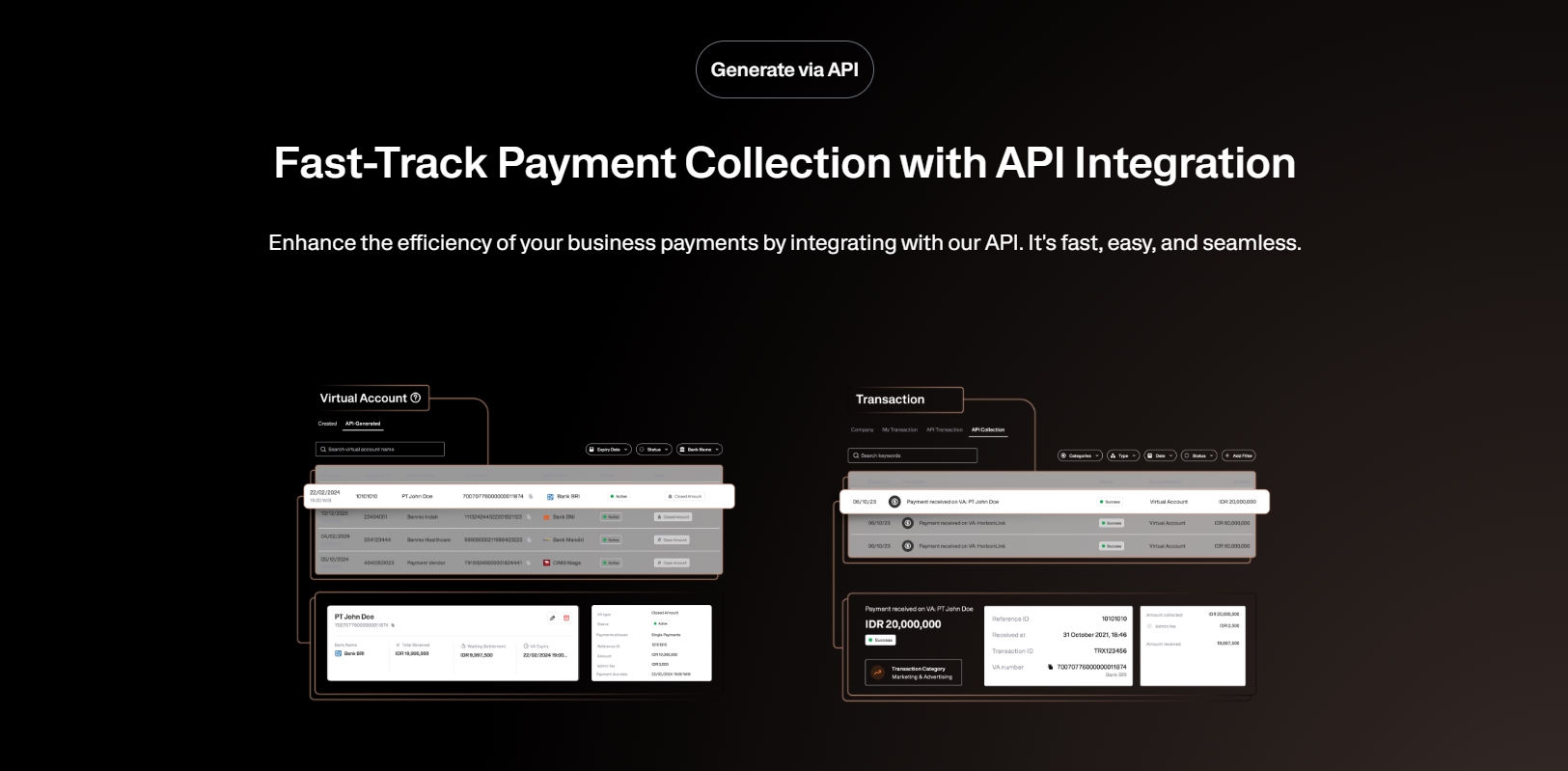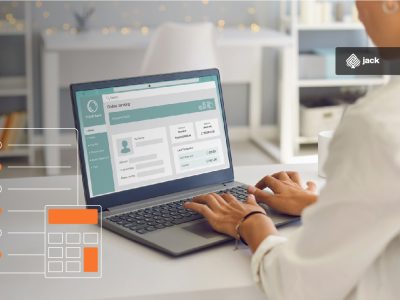In the modern workforce, the question often arises: is it better to be an employee or a freelancer? Both being an employee and freelancing have their own advantages and challenges.
See Also Corporate Credit Card: Definition, Types, Benefits, and How Cards Work for Startups
In this article, we will explore the benefits of being an employee in a modern work environment, the advantages of freelancing that offer freedom and flexibility, factors influencing the choice between being an employee or a freelancer, and provide personal insights on when it is better to be an employee or a freelancer.
Benefits of Being an Employee in a Modern Work Environment
Being an employee in a modern work environment offers several appealing benefits. Here are some of them:
1. Stability and Security
As an employee, you have greater job security compared to a freelancer. You usually have a work contract with a company that provides protection against unwanted termination.
2. Employee Benefits
Employees often have access to various benefits such as health insurance, annual leave, sick leave, and retirement funds. These benefits can enhance your well-being and financial security.
3. Career Development
As an employee, you have the opportunity to develop your career within the company. You can participate in training and development programs provided by the company and be promoted based on your performance and achievements.
Advantages of Being a Freelancer
On the other hand, freelancing offers appealing freedom and flexibility. Here are some advantages of being a freelancer:
1. Control Over Work Time and Location
As a freelancer, you have full control over your work time and location. You can work from anywhere and at any time that suits your preference, as long as you can meet project deadlines.
2. Potential for Higher Earnings
Freelancers often have the potential to earn more than employees. They can set their own rates and take on higher-paying projects.
3. Balanced Work-Life
As a freelancer, you have the flexibility to adjust your work schedule to fit your personal life. You can arrange your work schedule in a way that allows you to better balance work and personal life.
Factors Influencing the Choice Between Employee or Freelancer
The choice between being an employee or a freelancer is a significant decision that affects one’s career and lifestyle. Several factors should be considered before making this decision. Here are some factors that influence the choice between being an employee or a freelancer:
1. Job Stability
As an employee, you usually have higher job stability than a freelancer. You have guaranteed steady income, health benefits, and scheduled leave. However, as a freelancer, you have more control over your schedule and the projects you take on, but you also face the risk of unstable income.
2. Time Flexibility
One of the main advantages of being a freelancer is time flexibility. You can set your own work schedule and work from anywhere. This allows you to achieve a better work-life balance and tailor your work to your lifestyle.
3. Career Development
Employees often have greater access to training and career development offered by their employer. They can also build strong professional networks within the company. On the other hand, as a freelancer, you are responsible for your own career development.
4. Welfare Benefits
As an employee, you may have access to welfare benefits such as health insurance, retirement funds, and paid leave. However, as a freelancer, you need to manage your own welfare benefits, which can be more expensive and complicated. You need to consider these additional costs when deciding between being an employee or a freelancer.
Considerations When Deciding Between Employee or Freelancer
When choosing between being an employee or a freelancer, there is no definitive answer that fits everyone. This decision should be based on personal perspective and individual needs. Here are some considerations that can help you determine when it is better to be an employee or a freelancer:
1. Preference for Security vs. Freedom
If you value job security and want a guaranteed steady income, being an employee might be a better choice for you. However, if you desire the freedom to set your own work schedule and pursue projects that match your interests and skills, freelancing might be more suitable.
2. Work-Life Balance
If you are seeking a better work-life balance, freelancing can provide the flexibility you need to adjust work to your personal life. However, being an employee can also offer the necessary structure to achieve a healthy balance between work and life.
3. Career Goals and Ambitions
Consider your career goals and long-term ambitions. If you want to advance within a company or work in a specific industry, being an employee might offer better opportunities for career development. However, if you aspire to be an independent entrepreneur or have full control over your career, freelancing might be more appropriate.
See the API Document from Jack Finance here
4. Risk Tolerance
As a freelancer, you must be prepared to face the risks of unstable income and other financial challenges. If you have a high tolerance for risk and are confident in your ability to secure clients and projects, freelancing might be a good choice.
Use Jack for your business needs
In conclusion, choosing between being an employee or a freelancer comes with its own set of advantages and challenges. It is important to consider your personal preferences, financial situation, skills, and experience, as well as other factors that influence your choice. This way, you can make an informed decision that suits your needs and circumstances.



